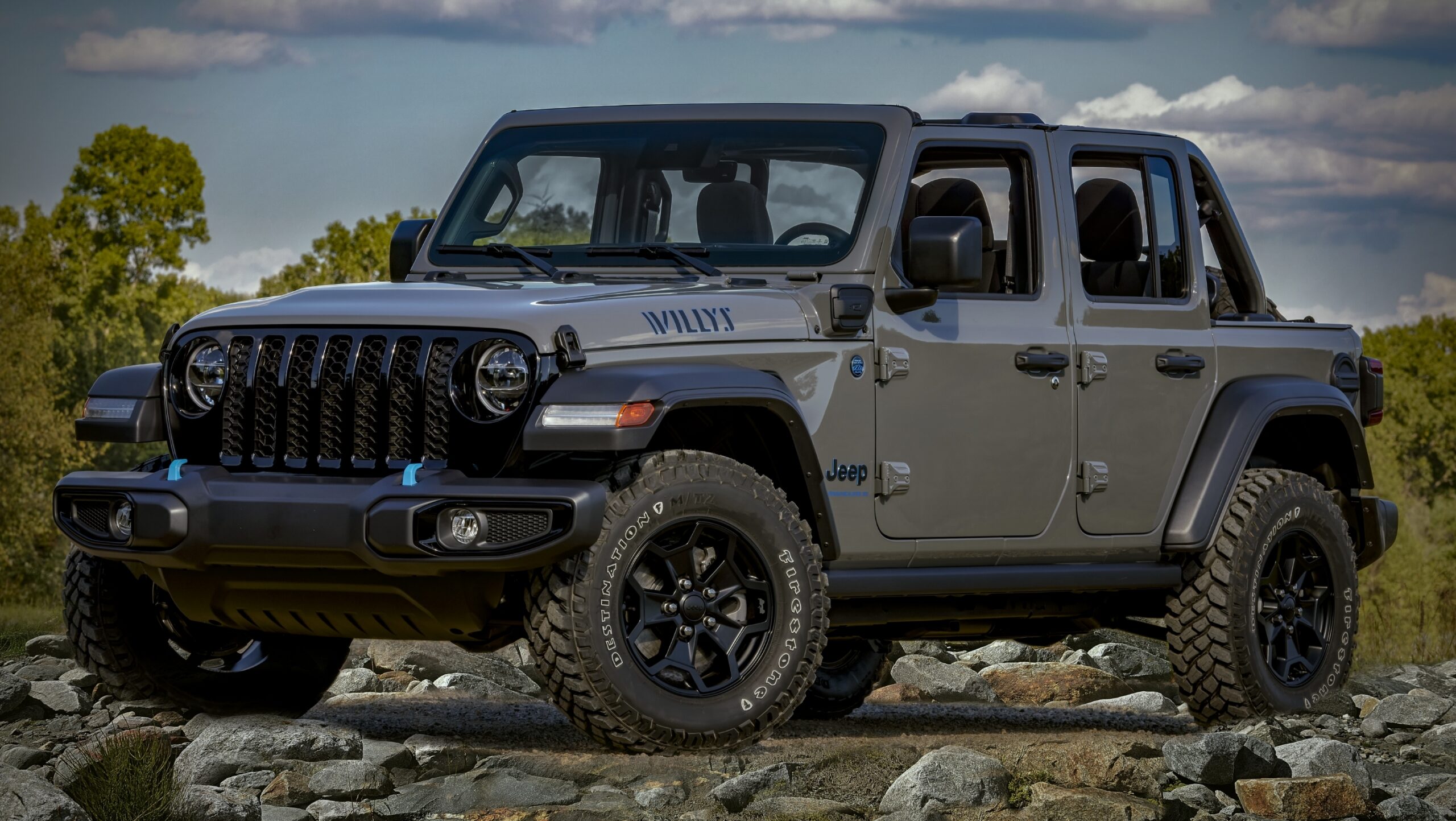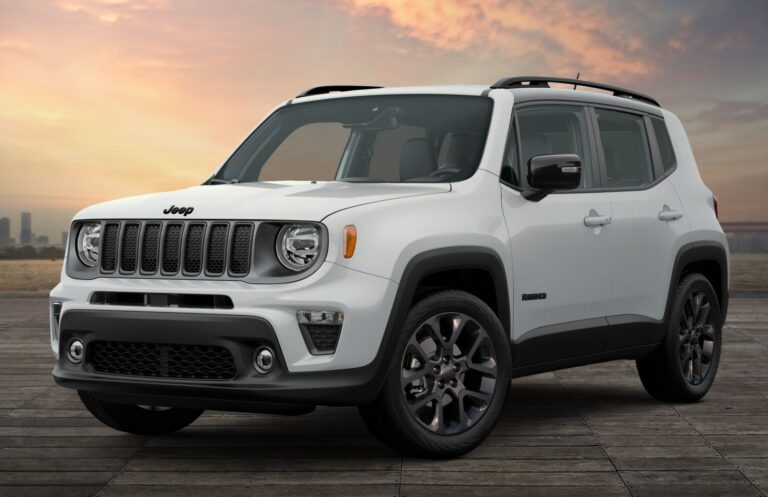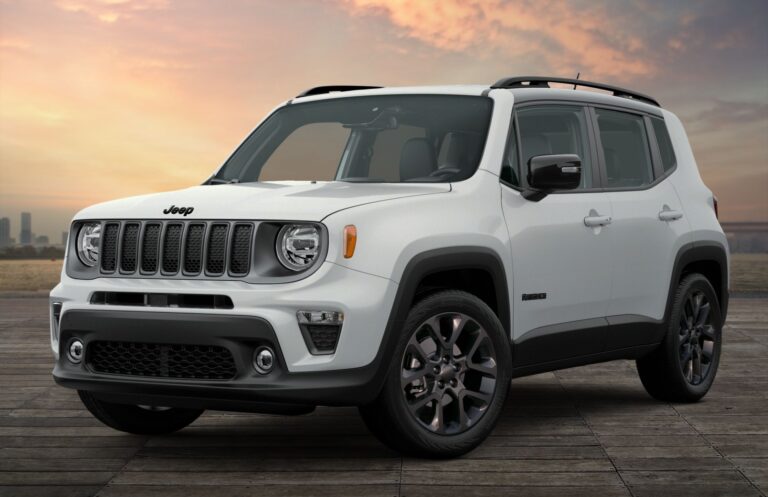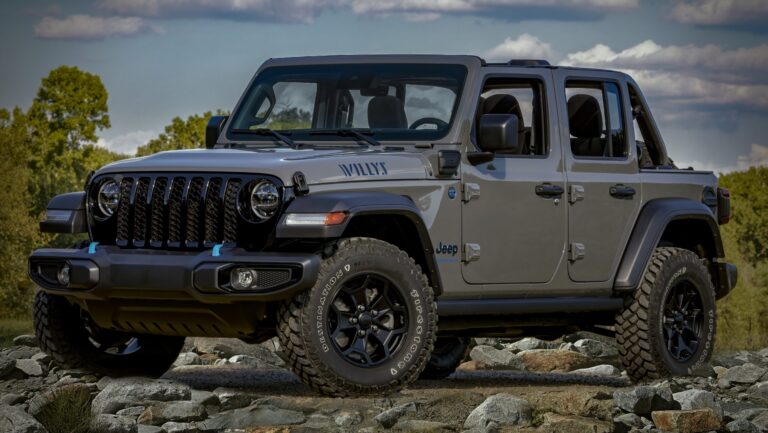Wrangler Jeep Diesel: Unleashing Torque, Efficiency, and Unrivaled Capability
Wrangler Jeep Diesel: Unleashing Torque, Efficiency, and Unrivaled Capability jeeps.truckstrend.com
The iconic Jeep Wrangler has long been synonymous with raw off-road prowess, a vehicle designed to conquer the toughest trails and most challenging terrains. While gasoline engines have traditionally powered this American legend, the introduction of the diesel powertrain in recent generations has added a new dimension to its formidable capabilities. The Wrangler Jeep Diesel, specifically featuring the 3.0-liter EcoDiesel V6 engine, represents a unique blend of high-torque performance, impressive fuel efficiency, and extended range, catering to a niche of enthusiasts who demand more from their adventure vehicle.
This comprehensive guide will delve deep into the world of the Wrangler EcoDiesel, exploring its mechanical heart, its impact on both off-road and on-road performance, essential considerations for ownership, and practical advice for those looking to embrace the diesel difference. Whether you’re an aspiring off-roader, an overlanding enthusiast, or simply curious about this powerful variant, understanding the nuances of the Wrangler Diesel is key to appreciating its unique position in the automotive landscape.
Wrangler Jeep Diesel: Unleashing Torque, Efficiency, and Unrivaled Capability
The Heart of the Beast: The 3.0L EcoDiesel V6 Engine
At the core of the Wrangler Jeep Diesel’s appeal is its sophisticated 3.0-liter EcoDiesel V6 engine. This powerplant, paired exclusively with a robust eight-speed automatic transmission, was designed to deliver a specific set of advantages over its gasoline counterparts.
Key Specifications:
- Displacement: 3.0 Liters
- Cylinders: V6
- Horsepower: Approximately 260 hp (at 3,600 rpm)
- Torque: A commanding 442 lb-ft (at 1,400 rpm)
![]()
The most striking feature here is the torque output. With 442 lb-ft available at a remarkably low 1,400 rpm, the EcoDiesel provides instant, prodigious pulling power. This characteristic is a game-changer for off-roading, allowing the Wrangler to effortlessly crawl over obstacles, ascend steep grades, and manage heavy loads without straining. For those who frequently tackle challenging terrain or tow trailers, this low-end grunt is invaluable. Beyond torque, the EcoDiesel also boasts superior fuel efficiency compared to its gasoline siblings, offering extended range for long journeys and overlanding expeditions.
Unleashing the Beast: Off-Road Prowess with Diesel Power
The Wrangler’s legendary off-road capability is amplified by the EcoDiesel engine. The inherent characteristics of a diesel engine—specifically its high torque at low RPMs—are perfectly suited for the demands of technical off-roading.
- Effortless Crawling: The massive low-end torque allows for precise throttle control at very low speeds, making rock crawling and navigating tricky obstacles incredibly smooth and controlled. There’s less need to rev the engine, reducing wheel spin and providing a more composed ascent or descent.
- Superior Hill Climbing: When faced with steep inclines, the diesel’s power band ensures consistent pulling force, allowing the Wrangler to maintain momentum and conquer grades that might challenge a less torquey engine.
- Enhanced Towing Capacity: With its robust torque, the EcoDiesel significantly boosts the Wrangler’s towing capabilities, making it an excellent choice for pulling small trailers, campers, or even other off-road toys to the trailhead.
- Integrated 4×4 Systems: The EcoDiesel seamlessly integrates with Jeep’s acclaimed 4×4 systems, including Command-Trac (Sport, Sahara) and the more advanced Rock-Trac (Rubicon), ensuring that all that torque is effectively delivered to the wheels that need it most. Features like electronic locking differentials and the electronic sway bar disconnect further enhance its trail performance, making the EcoDiesel Rubicon an unstoppable force.
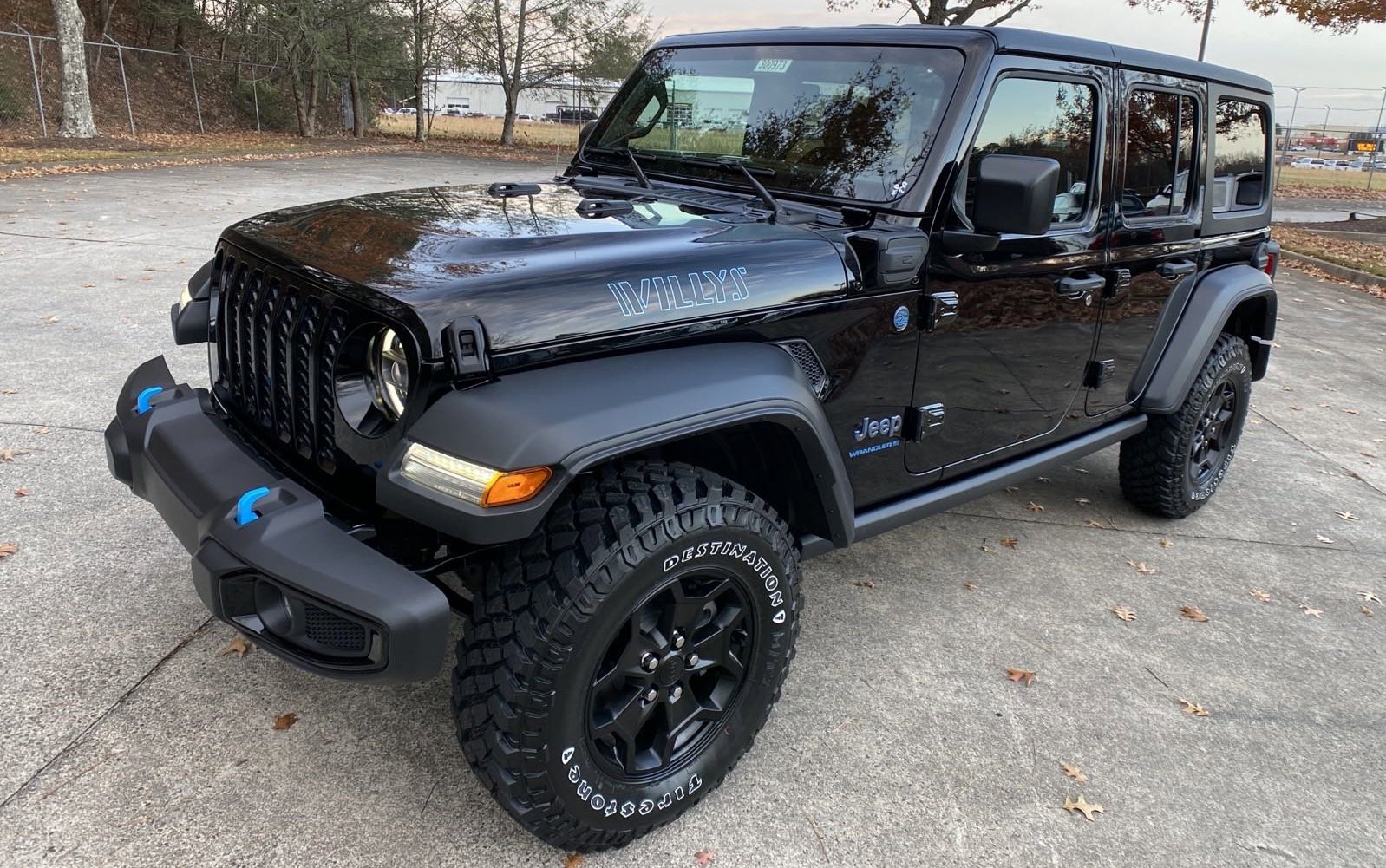

Beyond the Trail: On-Road Driving Experience and Efficiency
While its off-road prowess is undeniable, the Wrangler EcoDiesel also offers a surprisingly refined and efficient on-road driving experience, setting it apart from its gasoline counterparts.
- Highway Manners: The eight-speed automatic transmission keeps the engine operating at low RPMs on the highway, contributing to a quieter cabin and impressive fuel economy. The ample torque means effortless merging and passing, even with a loaded vehicle.
- Fuel Economy: Owners often report significantly better mileage than gasoline Wranglers, especially on highway cruises. While exact figures vary based on conditions and driving style, the EcoDiesel typically achieves combined ratings in the mid-20s MPG, a notable improvement for a vehicle of its size and capability. This translates to fewer fuel stops and a greater range, particularly beneficial for long trips or remote adventures where fuel stations are scarce.
- Extended Range: The combination of better fuel economy and the Wrangler’s substantial fuel tank results in an impressive driving range, often exceeding 500 miles on a single tank. This "overlanding advantage" is a key selling point for those who venture far from civilization.
- Towing Performance: For those who tow, the EcoDiesel provides a confident and stable towing experience, easily handling the maximum rated capacity without feeling strained.
Important Considerations Before You Buy
While the Wrangler EcoDiesel offers compelling advantages, there are several factors prospective buyers should carefully consider:
- Initial Cost: The EcoDiesel engine option typically carried a significant premium over gasoline engines. This higher upfront cost needs to be weighed against potential long-term fuel savings and the specific benefits it offers.
- Fuel Type and Availability: Diesel fuel is not as universally available as gasoline, particularly in very rural areas. While this is less of an issue in most developed regions, it’s something to consider for extreme off-grid travel.
- Diesel Exhaust Fluid (DEF): The EcoDiesel requires Diesel Exhaust Fluid (DEF) to comply with modern emissions standards. This fluid needs to be refilled periodically (typically every 5,000-10,000 miles, depending on usage), adding a small, recurring cost and maintenance item.
- Maintenance: While modern diesel engines are generally reliable, maintenance can be slightly more involved and potentially more expensive than gasoline engines. This includes specific diesel engine oil, more frequent fuel filter changes, and considerations for the emissions system (DPF, SCR).
- Cold Weather Operation: Diesel engines can be more sensitive to extremely cold temperatures, potentially requiring block heaters or anti-gelling additives for fuel in harsh winter climates.
- Noise and Vibration: While the EcoDiesel is remarkably refined for a diesel, it still exhibits a characteristic diesel clatter, especially at idle, which might be noticeable compared to the quieter gasoline engines.
Tips for Owners and Prospective Buyers
- Regular Maintenance is Key: Adhere strictly to the manufacturer’s recommended maintenance schedule, especially concerning oil changes and fuel filter replacements, to ensure the longevity of your EcoDiesel engine.
- Understand DEF Consumption: Monitor your DEF level and keep a spare bottle on hand, especially before long trips. Running out of DEF will eventually limit engine power or prevent the vehicle from starting.
- Fuel Quality Matters: Use high-quality diesel fuel from reputable stations. Poor quality fuel can lead to issues with the fuel system and emissions components.
- Consider Your Driving Habits: If your driving consists primarily of short city trips, a diesel might not be the most economical choice, as the emissions system (DPF) requires regular highway driving to regenerate effectively.
- Test Drive Thoroughly: Experience the diesel’s torque and feel for yourself. Pay attention to the power delivery, noise levels, and overall driving dynamics to ensure it meets your expectations.
- Research Aftermarket Support: The EcoDiesel platform has good aftermarket support, but be mindful of modifications that could affect emissions systems or warranty.
Potential Challenges and Solutions
| Challenge | Solution/Mitigation |
|---|---|
| Higher Initial Purchase Cost | Consider buying a well-maintained used model; evaluate long-term fuel savings. |
| DEF Consumption | Keep spare DEF on hand; refill at service intervals; it’s a minor cost. |
| Diesel Fuel Availability (Remote Areas) | Plan routes, carry extra fuel if needed for extreme remote travel. |
| Cold Weather Operation | Utilize engine block heater; use winter-blend diesel fuel or anti-gelling additives. |
| Emissions System Maintenance/Issues | Adhere to maintenance schedule; ensure regular highway driving for DPF regeneration. |
| Potential for More Complex Maintenance | Choose a reputable service center with diesel expertise; factor into ownership costs. |
Wrangler Jeep Diesel Estimated Price Table (MSRP & Used Market Ranges)
Please note: Prices are highly variable based on model year, trim level, options, condition, mileage, region, and market demand. These are estimated ranges for the JL generation (2020-2023 models).
| Trim Level | EcoDiesel Engine Option (Approx. MSRP Add-on) | Estimated New MSRP Range (2020-2023) | Estimated Used Price Range (2020-2023) | Key Features (Diesel-Specific) |
|---|---|---|---|---|
| Sport S | ~$4,000 – $6,000 | $42,000 – $48,000 | $30,000 – $40,000 | Entry-level diesel; great value for capability; typically 2-door or 4-door. |
| Sahara | ~$4,000 – $6,000 | $48,000 – $55,000 | $35,000 – $45,000 | More creature comforts; good balance of on-road refinement and off-road capability. |
| Rubicon | ~$4,000 – $6,000 | $52,000 – $65,000+ | $40,000 – $55,000+ | Ultimate off-road machine with diesel torque; electronic locking differentials, sway bar disconnect, 4:1 low-range transfer case. |
| High Altitude | ~$4,000 – $6,000 | $58,000 – $70,000+ | $45,000 – $60,000+ | Premium trim with luxury features; combines refinement with diesel power. |
Note: The EcoDiesel engine option for the Wrangler JL was discontinued for new models after the 2023 model year in North America, making used models the primary avenue for purchase.
Frequently Asked Questions (FAQ) about the Wrangler Jeep Diesel
Q1: Is the EcoDiesel engine still available in new Wrangler models?
A1: No, the 3.0L EcoDiesel V6 engine was discontinued for the Jeep Wrangler after the 2023 model year in North America. New Wranglers are now primarily available with gasoline engines or the 4xe plug-in hybrid.
Q2: What is DEF and how often do I need to refill it?
A2: DEF stands for Diesel Exhaust Fluid. It’s a non-toxic liquid used in Selective Catalytic Reduction (SCR) systems to reduce nitrogen oxide emissions. Refill frequency varies based on driving habits and tank size, but typically every 5,000 to 10,000 miles.
Q3: What kind of fuel economy can I expect from the Wrangler EcoDiesel?
A3: Fuel economy varies, but owners commonly report combined figures in the mid-20s MPG, with highway mileage often exceeding 25 MPG. This is significantly better than gasoline-powered Wranglers.
Q4: Is the Wrangler EcoDiesel good for daily driving?
A4: Yes, it offers a refined and efficient daily driving experience, especially on the highway where its torque and fuel economy shine. The initial diesel clatter at idle is present but generally well-managed inside the cabin.
Q5: Is maintenance more expensive for the EcoDiesel?
A5: Generally, yes, slightly. Diesel-specific oil, more frequent fuel filter changes, and the need for DEF contribute to slightly higher maintenance costs compared to gasoline engines. However, the fuel savings can often offset this.
Q6: Can I tow with the Wrangler EcoDiesel?
A6: Absolutely. The EcoDiesel’s abundant low-end torque makes it an excellent tow vehicle for its class, handling rated capacities (typically up to 3,500 lbs for a 4-door) with ease and confidence.
Q7: What are the main advantages of the EcoDiesel over a gasoline engine in a Wrangler?
A7: The primary advantages are significantly higher low-end torque (for superior off-roading and towing), much better fuel economy, and a longer driving range.
Q8: What are the main disadvantages of the EcoDiesel?
A8: Disadvantages include a higher initial purchase price, the need for DEF refills, potentially slightly higher maintenance costs, and a characteristic diesel engine sound.
Conclusion
The Wrangler Jeep Diesel stands as a compelling chapter in the storied history of the Wrangler. While its time as a new vehicle offering has concluded in some markets, its legacy as a formidable off-road machine and an impressively efficient adventure vehicle endures. The 3.0L EcoDiesel V6 brought a unique blend of low-end torque, extended range, and improved fuel economy to the iconic 4×4, making it an ideal choice for serious overlanders, dedicated off-road enthusiasts, and those who simply appreciate the robust power delivery of a diesel engine.
For those seeking a used Wrangler that offers an unparalleled combination of capability and efficiency, the EcoDiesel models present a highly attractive option. Understanding its specific requirements, benefits, and considerations will empower prospective buyers to make an informed decision and fully appreciate the distinctive character of the Wrangler Diesel – a true beast on the trail and a surprisingly refined companion on the road.

